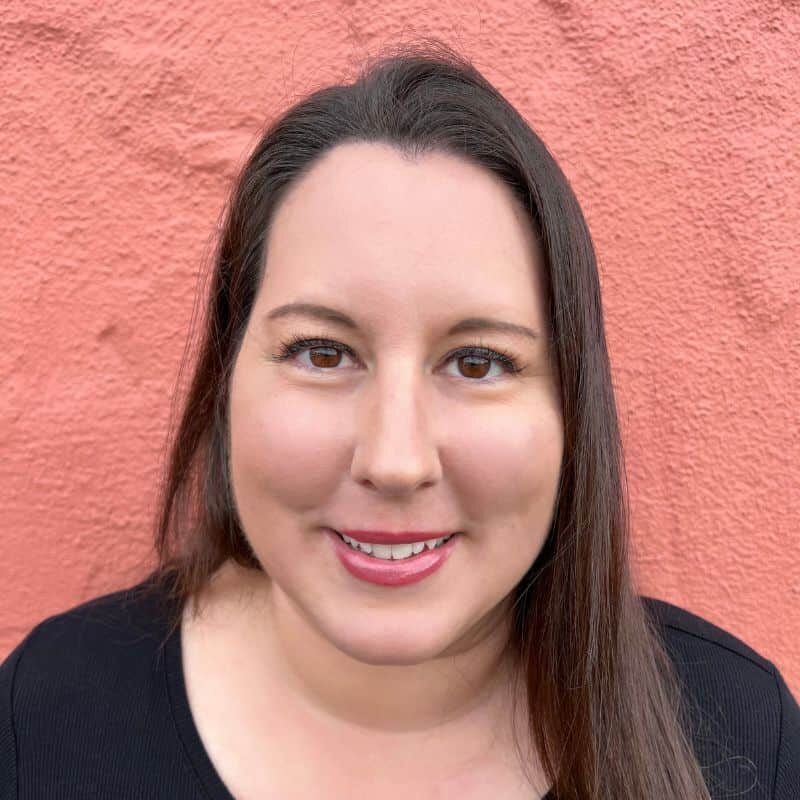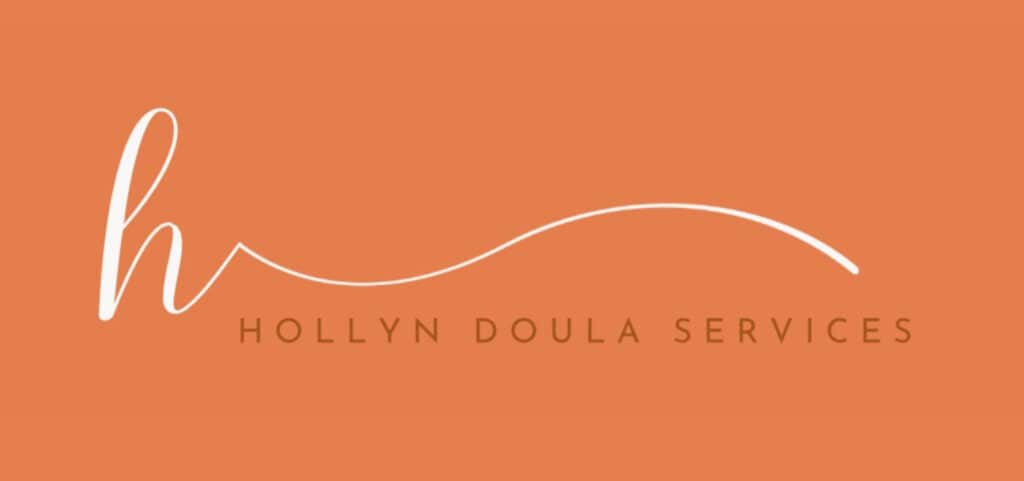Hannah Hardy, Birth & Postpartum Doula: Three Things I Know Now
It’s a pleasure to introduce our newest guest post by Hannah Hardy. Hannah is married to a Bay Area native and together they have three wonderful children. Becoming a mother was transformative and eventually led to her to becoming a Birth & Postpartum Doula and starting her own practice, Hollyn Doula Services. Hannah’s goal is to support women in making choices that are empowering and not fear based, so that they can experience birth and postpartum in the way they hope for.
Can I be honest? I felt a bit stumped on what to write…not because I don’t have any ideas but because there is so much I want to say to fellow mamas everywhere. Our culture, social media, marketing, well-meaning friends and family, and even complete strangers have done a fabulous job of creating generations of mothers who second guess their maternal instincts. I remember these experiences personally. I remember how they would keep me up at night on Google at 2 A.M. (please, don’t get on Google at 2 A.M.), spiraling into fear and what-ifs, leaving me feeling pretty insecure and inadequate to be a good mother to my baby. I felt pressure from all of the opinions that felt like facts. And once my daughter (my first born) arrived, this pressure intensified. Rather than feeling supported in what works for me, what felt right for me as a mother, I felt judged and that if I didn’t do what everyone was saying I would end up raising a horribly messed up little human. If you can relate at all to this, I’m here to tell you it’s going to be ok. I promise.
If I could go back to my first-time mom self I would boil it down to three things that I would want her to know, and I’m going to share those with you too.
1. You don’t have to do it their way.
I don’t know who “their” is in your world but I had a lot of people tell me how I need to do things. From vaccinations to sleep arrangements to breastfeeding and pumping and clothing – EVERYTHING! And the issue wasn’t so much about what they were sharing, it was more about the expectations they put behind the statements. Looking back A LOT of what was shared with me was not evidence based, and some of it was even horribly wrong and outdated information. I see this still happen all the time in my birth and postpartum work as a doula, and it can inhibit new mothers from doing what is right for them, their baby and their family as a whole. I have seen it produce issues in breastfeeding, marriages, the mental health of the mother, and so much more. Personally, it led me to taking on unnecessary stress and trying things that I felt in my gut were not right for my style of parenting, leading to so many nights of crying. What I know now: you don’t have to do it their way. That’s great that it worked for them, but it doesn’t mean it works for you, and it’s ok for you to find your own rhythm and do what aligns with your core values as a mother.
2. You had postpartum anxiety…not a control problem.
I had no idea that I had postpartum anxiety with my first child, and no else did either. Instead of being honored and supported, I was met with comments like “you just need everything to be your way”…”you’re so controlling”… “you’re going to spoil her with how much you hold her”… “you need to let her be with other people or else she’s going to be too attached to you”…and on and on and on. Not only did these comments not help my already VERY intense emotions, but so many of them, again, were not even based on evidence. First, it’s completely normal for a mama to want to be with her baby and to not want to have separation. Second, postpartum anxiety is not a “control problem”. Unfortunately, there is a huge lack of education around this topic and other postpartum mood disorders, and instead of being met with support, understanding and encouragement, mamas are often met with judgment and VERY hurtful comments. What I know now: hypervigilant, anxious and overwhelmed mothers (goodness, ANY MOTHER for that matter) should be met with compassion and a desire to understand what the mother needs in order to calm any fears she may be having and thrive in her Postpartum experience.
3. You’re a good mother.
This is still hard for me to believe at times but looking back at myself in my first postpartum experience I can clearly see I was a good mother – and you should know that you’re a good mama too. Your raw and real feelings when things are hard do not make you less of a good mother. Your desire to have alone time, more sleep, less touching does not lessen your motherly goodness. These things just make you a human. What I know now: the way you care, the way you love, the way you meet your baby’s needs day
in and day out, the way you stay consistent with a feeding schedule, the way you plan for your baby’s future, the way you show up every day committed to doing your best…that is what makes you a good mother.
I don’t believe anything that I shared here is revolutionary, but it’s real, and my hope is that you feel heard and understood on some level, or that you can take this to heart if any of this becomes a reality for you. From one mother to another: you’re not going to raise a horribly messed up little human because you don’t want to add formula into your breastfeeding schedule, or because you have to formula feed exclusively, or because you want to hold your baby all the time, or because you don’t want to sleep train. I promise.
“May your choices reflect your hopes, not your fears.” – Nelson Mandela

Hannah Hardy
Birth & Postpartum Doula
Hollyn Doula Services

Kristin D’Ambrosio, MA, CPD
wife, mother, and CAPPA certified postpartum doula
Kristin D’Ambrosio, MA, CPD is a wife, mother, and CAPPA certified postpartum doula in the San Francisco Bay Area. Kristin holds a Master of Arts degree in Education, Concentration in Counseling and Student Personnel from San José State University. Kristin is also a board member and involved parent at a Bay Area non-profit co-op preschool, and is a Certified Positive Discipline Parent Educator. Her intuitive, caring nature and a calling to serve new and growing families is what has brought her into birth work. Her approach is trauma aware and non-judgemental.

